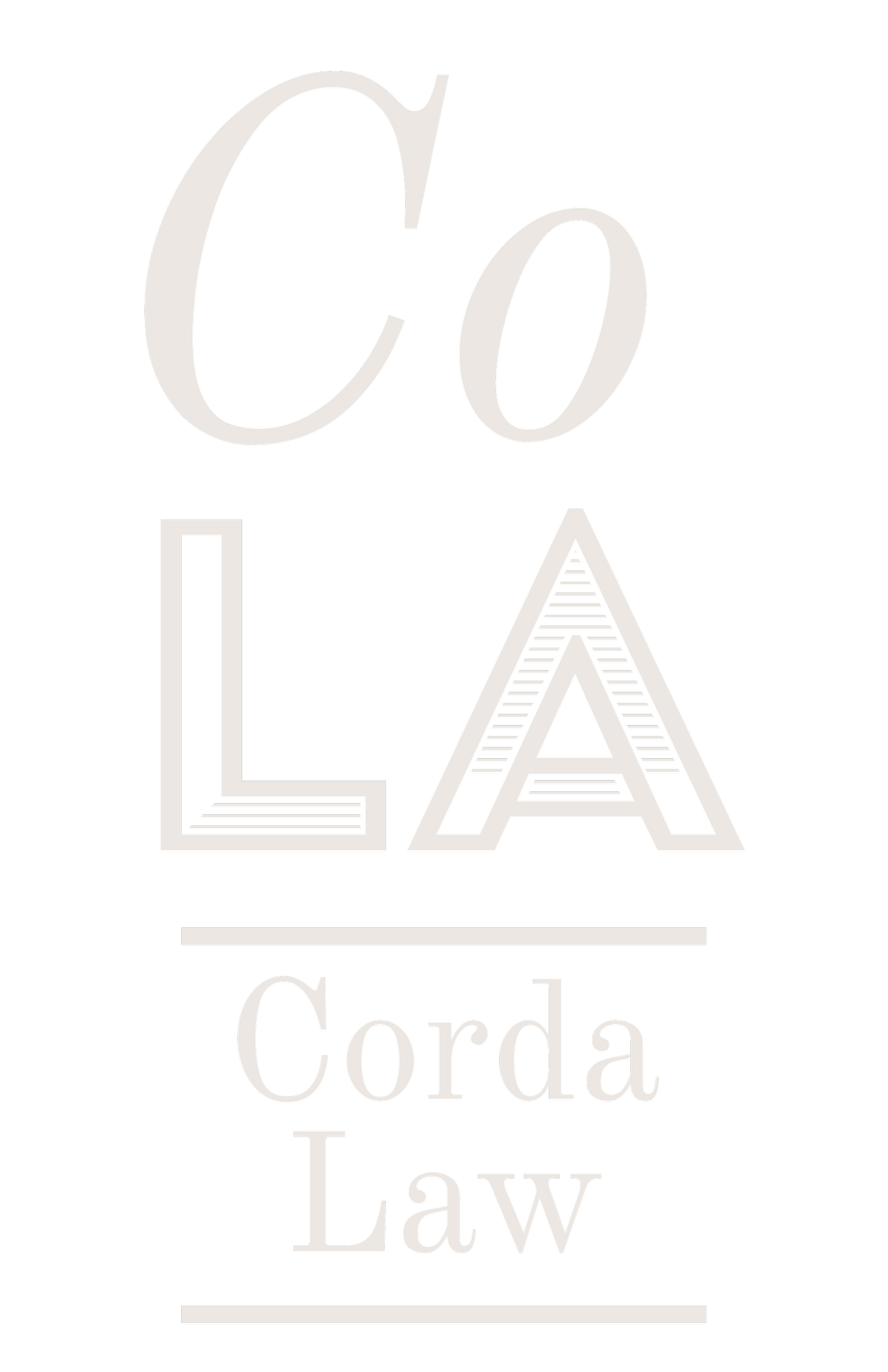Estate Planning
Wills & Trusts
Wills and trusts are indispensable tools of estate planning. Wills ensure assets are distributed to the intended recipient according to the deceased wishes; Wills are crucial for carrying out the wishes of a decedent. A valid will lets you decide what happens to your property and whom you want to raise your children.
However, contrary to common understanding, in California, wills are not enough to avoid probate, a court process that could potentially cost even a moderate size estate thousands of dollars in legal and accounting fees and a long delay in the distribution of assets. To ensure that an estate avoids probate, an estate plan must include the appropriate trusts and wills.
Trusts come in various forms. Some are revocable, such as a living trust, allowing the settlor to make changes so long as they are alive and in sound mind.
Some are irrevocable, which could be used for asset protection, and are set once triggered. No changes can be made to the document except under specific circumstances and if the document allows it.
At Corda Law, I can help you tailor your estate plan to fit your and your family's particular situation. Contact me for a consultation or if you have any questions.
Power of Attorney
A crucial part of an estate plan is a Power of Attorney (POA).
POA allows the person granting it to appoint someone to manage the money, accounts, and property if the grantor of the POA can no longer do so.
POA comes in different forms. Some allow the agent, the person with the legal power per the POA document, to have the ability to act in the stead of the principal in all legal matters. Other POAs are limited in scope and power. And some POAs are only triggered under specific situations.
Contact me if you have any questions, and I can help draft a POA tailored to your situation and wishes.
Advanced Health Care Directive
An Advanced Health Care Directive gives you a voice when you don't have one.
It allows you to designate another individual as an agent to make healthcare decisions for you if you become incapable of making your own. It also allows you to communicate to your health and medical team what kind of care you wish to have.
Make the tough decisions ahead of time to spare your family from making it at a tough time. Decide the care you wish to receive and whether you want your team to attempt to recite, approve or disapprove of certain surgeries.
Contact Corda Law if you have any questions or want a consultation. I can help draft an Advanced Health Care Directive tailored to your situation and wishes.
Avoiding Probate
One of the most basic but crucial purposes of estate planning is to avoid the long, expensive, and public probate process. California probate code sets out a fee schedule for attorney and accounting fees based on the gross estate value. (see below the schedule set out in California Code, Probate Code - PROB § 10810)
In most cases, after a person's passing, if the deceased did not have the "right" estate plan, their assets go through a lengthy court process called probate. The probate process of a simple estate can take anywhere from half a year to two years, and it may take even longer if it is a complicated estate. Additionally, the process is tedious and requires a great deal of paperwork and strict adherence to deadlines. It is advised for the executor to seek the help of an experienced attorney to avoid any delays.
The statutory California Probate Fee Schedule is as follows:
California Code, Probate Code - PROB § 10810
"Subject to the provisions of this part, for ordinary services the attorney for the personal representative shall receive compensation based on the value of the estate accounted for by the personal representative, as follows" (PROB § 10810. a)
4% of the first $100,000 $100,000
3% of the next $100,000 $100,000-200000
2% of the next $800,000 $200000-1000000
1% of the next $9,000,000 $1000000-10000000
0.5% of the next $15,000,000 $10000000-25000000
Reasonable amount determined by the court of any amount higher than $25,000,000
(www.leginfo.legislature.ca.gov/faces/codes_displaySection.xhtml?sectionNum=10810.&lawCode=PROB)
Below, I have laid out in more detail the information in PROB § 10810:
* for small estates, those with a total of real and personal property that does not exceed $184,500, a small estate may qualify for a "small estate" exception and avoid probate and, as such, does not fall under the statutory set fees. (DE-300 Maximum Values for Small Estate Set-Aside and Disposition of Estate Without Administration)


